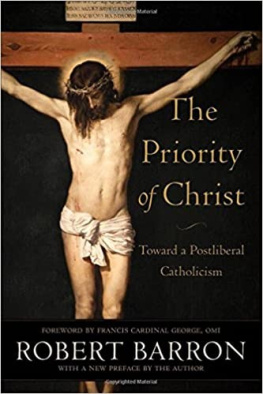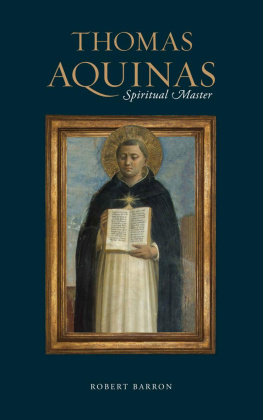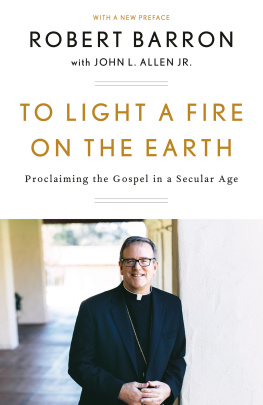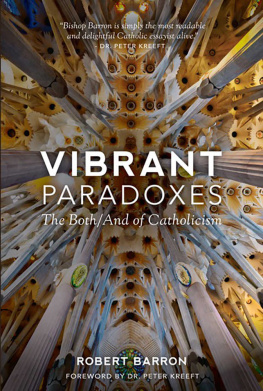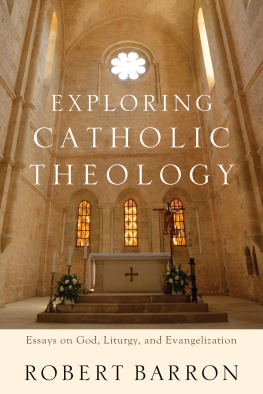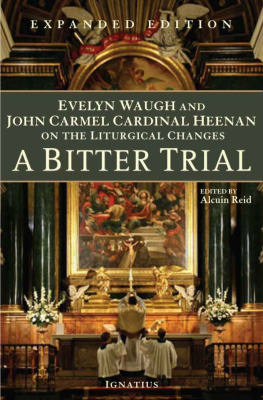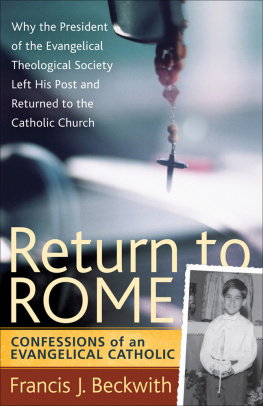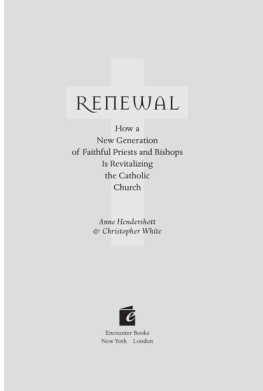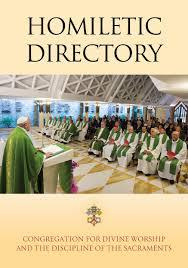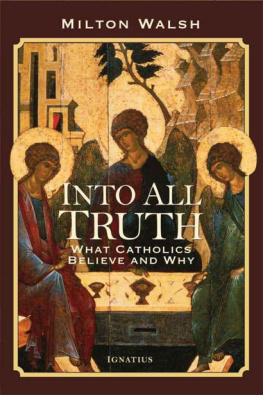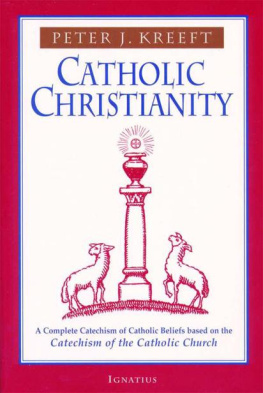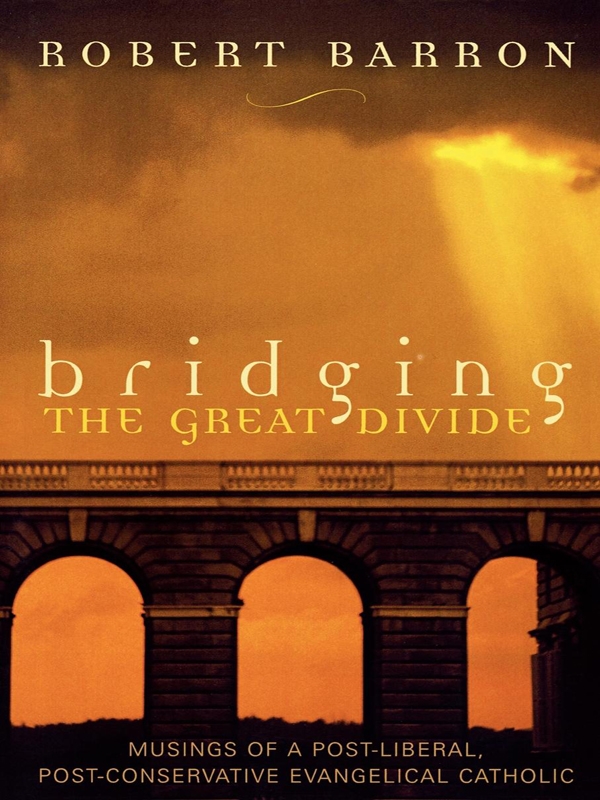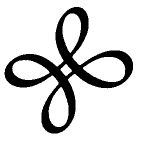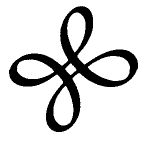Fr. Robert Barron was born in Chicago in 1959. He received his masters degree in philosophy from The Catholic University of America in Washington, D.C., in 1982 and was ordained to the priesthood for the archdiocese of Chicago in 1986. He served as associate pastor at St. Paul of the Cross parish in Park Ridge, Illinois, from 1986 to 1989. From 1989 to 1992, he pursued doctoral studies in theology at the Institut Catholique de Paris, receiving his degree with a mention of trs honorable in June 1992. His thesis, A Study of the De Potentia of Thomas Aquinas in Light of the Dogmatik of Paul Tillich , was published by the Edwin Mellen Press in 1993. In 1996, his book Thomas Aquinas: Spiritual Master was published by Crossroad. This text was later given the Catholic Press Association First Prize in Spirituality. In September 1998, his book And Now I See: A Theology of Transformation was published, also by Crossroad, and in October of 2000 his book Heaven in Stone and Glass appeared. In April 2002, his book The Strangest Way: Walking the Christian Path was published by Orbis Books. Fr. Barron is professor of systematic theology at the University of St. Mary of the Lake-Mundelein Seminary outside of Chicago. His numerous articles on theology and spirituality have appeared in a variety of journals. He also gives frequent retreats, missions, and workshops on various aspects of the spiritual life.
Chapter One
THE VIRTUE OF BI-POLAR EXTREMISM
T HERE ARE EXTREMISTS IN THE CHURCH TODAY, AND THERE ARE moderatesand all of them are wreaking havoc. They are causing such distress precisely because they are ignoring, each in a particular way, the strangeness that lies at the heart of Christianity. It is my contention that the chief problem we face in the Church is not lack of loyalty to Rome, not insufficient concern for the poor, not ignorance of womens concerns, not liturgical abuse, not theological imprecision, not resurgent triumphalismthough each of these is, I think, cause for worry. No, the chief difficulty we face is a lack of imagination, the inability to hold opposites in tension, the failure to be, boldly and unapologetically, bi-polar extremists.
I recently heard an address given by the most popular Catholic evangelist in this country. A central motif of her speech was that liberals within the Church are persecuting loyal orthodox Catholics, much as the pagans of the first centuries persecuted the fledgling Christian community. Accordingly, the speaker insinuated, the forces of liberalism must be opposed, resisted even to the point of death. Several times, during her address, she invited Catholics who disagree with her vision of things simply to leave the Church. Peppering her talk with lively stories and piquant rhetoric, she frequently elicited from the crowd laughter and calls of approval. About a year ago, in my hometown, a meeting of one of the better-known progressive groups in the Church was held. At the outset of their closing liturgy, several nonordained persons gathered around the altar and donned stoles of priesthood. Then, in unison, they dropped their stoles to the ground, symbolizing their renunciation of the hierarchical orders of the Church. In time, all the congregants at the liturgy put on stoles expressing the priesthood of all believers. This rather striking series of gestures drew much attention in the Catholicand indeed secularmedia and captured the imaginations of liberals both inside and outside of the Church.
The conservative speaker and the progressive liturgists have much in common. Both are passionate, focused, and capable of arousing an inspired following; both see clear battle lines drawn and both are deeply suspicious of the opposing camp. There is tremendous strength and energy precisely in the extremism of their positions, precisely in their unwavering and almost overstated confidence. It is also easy to see the dangerous one-sidedness that they have in common, the tendency to emphasize one dimension of the truth at the expense of the others. It is also not difficult to see the divisiveness, indeed the violence, to which such positions can give rise.
Now some in the Church, perhaps priding themselves on their intelligence and prudence, reject the extremism of the left and the right and opt for an elegant middle position, one that takes elements from both sides and blends them into a sort of compromise. Such moderates praise aspects of conservatism and liberalism, while retaining their right to dissent from other dimensions of the two positions that they find objectionable. They are careful, balanced, and often given to use the expression, on the one hand... and on the other hand. And because of their moderation they are, more often than not, deadly dull, utterly unable to fire the imaginations or rouse the enthusiasm of great numbers of their fellow believers.
Thus it appears as though we have reached a fruitless and frustrating impasse. We can, it seems, opt either for popular but dangerous extremism or for prudent but uninspiring moderation. If we choose the former, the Church appears headed for a divisive and explosive future, and if we choose the latter, we seem destined to become more and more irrelevant, going out not with a bang but with a whimper.
What I would like to proposewith the help of G. K. Chestertonis a way out of this dilemma. Recently, I was perusing one of Chestertons most popular books, Orthodoxy , and my attention was drawn to chapter 6, The Paradoxes of Christianity. In this section of the book, Chesterton recalls his puzzlement when he read the critiques of Christianity that came from so many different quarters. On the one hand, Christianityespecially Catholicismwas criticized for being too worldly, too caught up in wealth, property, pomp, and ceremony. Where, for instance, was the spirit of the carpenter of Nazareth in the expensive theatrical display of the Vatican? On the other hand, Christianity was reviled for its excessive spiritualism, its indifference to the concrete concerns of the world, its tendency to pine after the things of heaven. Similarly, some critics complained that Christianity, with its stress on sin, penitence, and punishment, was excessively pessimistic, while others held that, given its emphasis on the love of God, the intervention of the saints, and the promise of eternal life, it was ridiculously optimistic. Finally, certain enemies of the faith maintained, probably with Joan of Arc and the Crusades in mind, that Christianity was bloodthirsty and warlike, while others held, probably with Francis in mind, that it was too pacific and nonviolent. What puzzled Chesterton, of course, was not that the Church had its critics, but that its critics were so varied, so at odds with one another, so mutually exclusive. Whatever this Christianity was, he concluded, it must be something strangely shaped indeed to inspire such a wildly divergent army of enemies.
Then it occurred to him that perhaps it was not Christianity that was misshapen, but rather its critics. Perhaps it was they who, from their various eccentric points of view, saw the rightly shaped Christianity as distorted: Suppose we heard an unknown man spoken of by many men. Suppose we were puzzled to hear that some men said he was too tall and some too short; some objected to his fatness, some lamented his leanness; some thought him too dark and some too fair. One explanation... would be that he might be an odd shape. But there is another explanation. He might be the right shape. It could be the case, in short, that it is Christianity that is sane and all its critics that are madin various ways. It is the sheer depth and breadth of the Church, the complexity and multifacetedness of it, which narrow-minded enemies cannot grasp. Christianity, Chesterton surmised, was, perhaps, too capacious to be easily comprehended.


